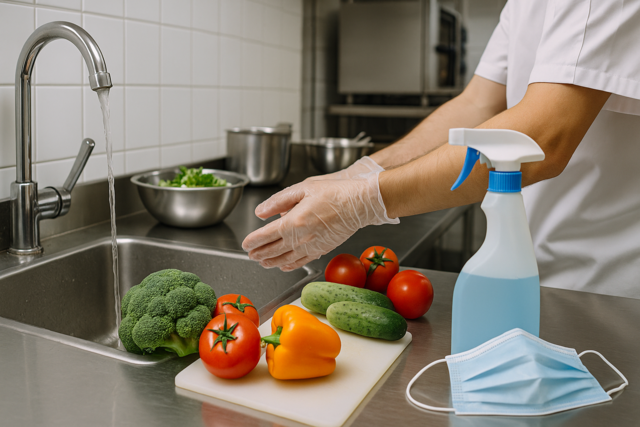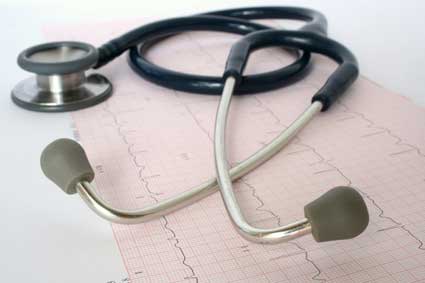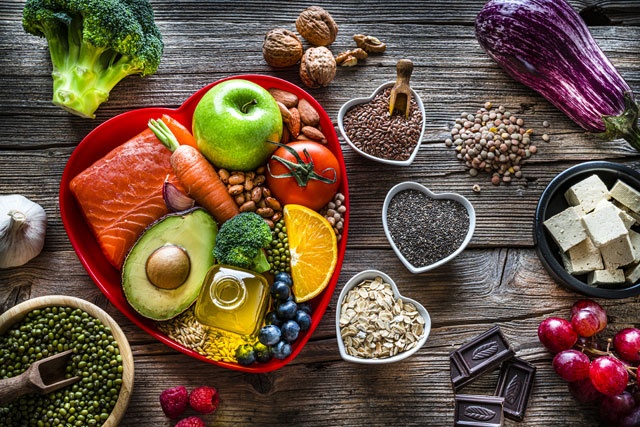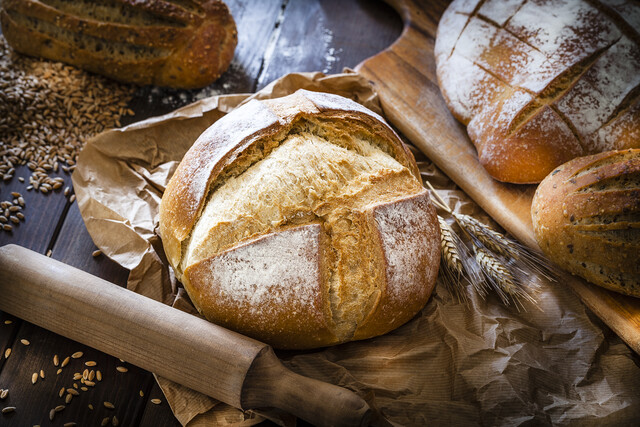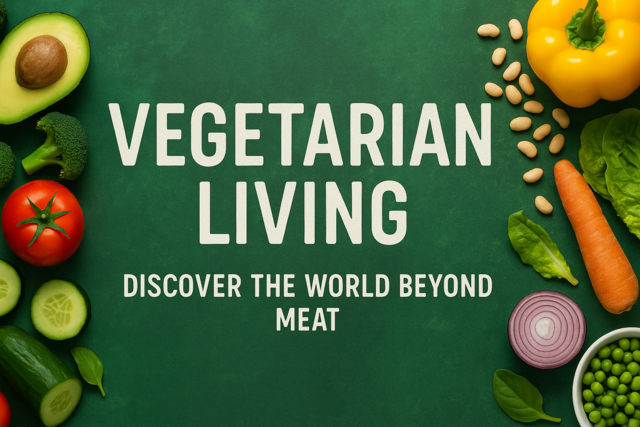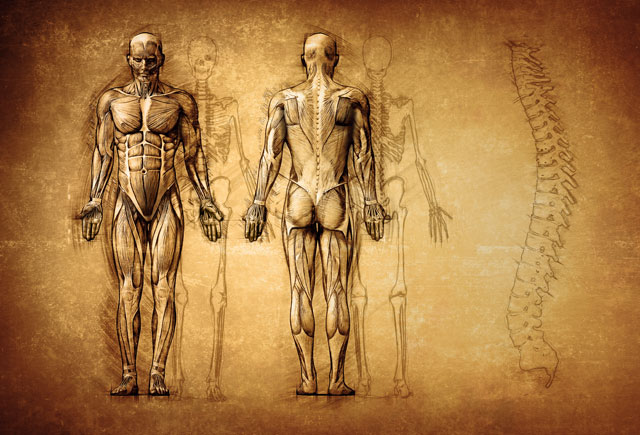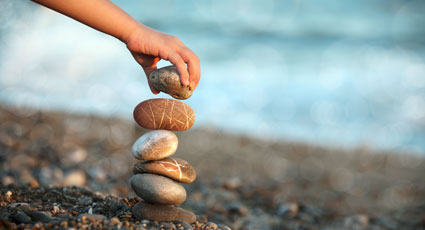Section 1: Introduction
We will discuss exercise. We will learn why it's so important to include exercise in our health habits. We will also review with you some health benefits to exercise. When people get plenty of exercise, they are improving their health, preventing health problems, and feeling great.
We will also provide ideas on how to include exercise in your routine. Sometimes we get busy or unmotivated, and it's hard to get started when it comes to exercise. We will cover some tips on getting out there and getting some exercise!
If you need to lose weight, exercise is a big help because you'll burn more calories. If you need to gain weight, exercise helps build muscle.
Keep up the good work creating a healthier you with healthy nutrition and exercise habits. You are doing great!
Section 2: Benefits of Exercise
- Helps Maintain Your Weight
When you exercise, you burn calories. The more intensely you exercise, the more calories you burn. If you want to "firm up" or see quicker weight loss, exercise is the way to go.
Exercise helps build muscle. If you have a good aerobic workout, such as a 30-minute walk, your body continues to burn calories after you exercise. The more muscle you have, the more calorie-burning work your body will do when you've finished exercising.
Besides, if we exercise, we can wear our favorite outfit. Isn't that fun!
- Helps Fight Off Chronic Diseases
Exercise is thought to boost the immune system. Therefore, if you exercise, you will stay healthier and get fewer colds, flu symptoms, and viruses.
When you exercise, you lower the "bad" LDL cholesterol and increase the "good" HDL cholesterol. Your heart will love you for it. Your blood pressure will decrease, and your heart will be a lot healthier.
Regular exercise also helps prevent Type 2 diabetes and some forms of cancer.
- Helps Improve Your Mood
Exercise can really help improve your mood. Even going for a walk helps. Exercise stimulates special chemicals in your brain, called endorphins. That means when you exercise, you'll become happier, and more relaxed. Also, as you begin to feel and look great, your self-esteem and confidence improves. So exercise really gives you a boost!
If you have a bad day or are prone to the blues, try going for walks. Research has shown that exercise can prevent and improve depression.
- Helps Improve Your Heart and Lungs
Both your heart and lungs will work more efficiently. You will breathe better and your oxygen will get to the cells in your body more efficiently. What does that mean? It means that you'll feel better and have more energy!
- Help Keep You Stronger
Exercise helps you stay stronger both mentally and physically. You feel mentally stronger and more positive. You body builds more muscle, making you feel stronger physically.
Also, weight-bearing exercise, such as walking, running, and aerobics, helps you keep your bones strong too! That will keep your bone strength and prevent osteoporosis.
Sometimes, even with the best intentions, it's hard to get motivated to exercise. It can seem like we already have enough to do during the day, or we just don't have the energy. Here are some ideas to help you include exercise in your routine:
- Choose an exercise activity that you like.
Find an exercise you enjoy. I might love running, but maybe you prefer tennis, swimming, or rowing at the gym. When exercise is fun or enjoyable, we are more likely to exercise.
- Make exercise easy.
If you aren't used to exercising, or if you have a medical problem, start small and go over your exercise plan with your doctor. Even if you start exercising for five minutes, four times a week, you are getting into the habit of exercising.
Look for easy ways to exercise if you are pressed for time. Thirty minutes of exercise can be broken up into smaller workouts during the day. For example, you could walk for 10 minutes during your lunch hour, and then take a walk after work.
- Plan ahead.
Pick days and times you plan on exercising. Fit it into your schedule. Write down in your schedule when you want to exercise, and for how long. Take out your exercise clothes, so they are ready when you are. When you have completed your exercise, put a check mark next to the time you exercised so you can mentally reward yourself.
- Psyche yourself.
Find a special reason to exercise and remind yourself of that reason. Maybe it's because you want to look great, get stronger, or lose weight. What do you want to do when you look great, get stronger, or lose weight? Perhaps you want to buy a certain outfit, go out on a special evening, or do something else important. Write down your reason to exercise so you can look at it.
Remember you might not "feel" like exercising until you are actually exercising or are in the habit of exercising. Don't wait until you "feel" like exercising � just go for it. Remind yourself how great it is that you exercised when you are done.
Another idea is to "trick" yourself into exercising. You might tell yourself you only have to exercise for five minutes, but after five minutes you might feel like doing more! If you go to the gym, you might get yourself to the gym by reminding yourself of that hot tub. When you get there, exercise first and then go in the hot tub.
- Reward yourself.
Find rewards that keep you motivated. Maybe it's simply that you love to drink your favorite beverage after a good workout. If you need bigger rewards, maybe plan a fun activity or a massage after you've completed a certain number of workouts.
Don't forget to reward yourself with positive thoughts too. Tell yourself how wonderful you are doing with your workouts and how you are improving. If you don't exercise a couple of times, don't worry about it. Just get back on track again.
- Involve other people
How you involve other people to motivate you to workout depends on your style. Some people find it helpful to join a gym or have a workout buddy. Maybe you want your coworkers to walk with you during your lunch hour. Some people want to exercise alone, but find it helpful to tell somebody about their workouts. This can be a friend or even someone on the Internet.
Conclusion
We discussed some health benefits of exercise. When we exercise, we are improving our health, preventing health problems, and feeling great. I gave you some tips on how to include exercise in your schedule and to become motivated to exercise.
The main thing to remember about exercising is start slow and go at your own pace. Start exercising for small amounts of time, and increase the time as you get more in the habit of exercising. Don't worry about how well you do. You'll improve with practice.
Exercise
Let's get you exercising! Take out your journal or find your journal on your computer. Write the following in your journal:
- Write an exercise that you like or want to try. Also, write down where you want to do this exercise.
- Plan ahead when you will do this exercise, and how often.
- Chose two rewards you will give yourself for exercising. One will be a small reward after each exercise. The other one will be a bigger reward after doing a certain number of exercise sessions.
- Tell at least one other person about your exercise plan.
*Discover two more benefits to exercising.
*Learn how to eat to reduce stress through nutrition.
*Outline which foods increase energy.
*Read which foods give you energy for the longest time.
*See which foods can relax you.
Section 1: Introduction
In this section, we are going to cover decreasing stress and increasing energy. When we have healthy nutrition and exercise habits, we can decrease our stress and increase our energy. We will also review some ways you can reduce stress and increase energy through nutrition and exercise.
Another health benefit to exercise is that it can help you decrease stress. Once you get in the habit of exercising regularly, you will find that your energy increases. Now you have two more reasons to exercise!
- Take Vitamins
Taking vitamins can help you feel less stress during the day. Always check with your doctor before starting any vitamin regimen, to make sure you are taking safe quantities of the right vitamins.
Stress can make your body need more of the B-vitamins, which are needed for energy production. Vitamin C, Vitamin E, and beta carotene help stop the effects of damage from free radicals, which happens during stress. A multivitamin and a B-complex vitamin should help you during times of stress.
- Drink plenty of water
Drink plenty of water to reduce stress and also increase your energy. Keeping your body hydrated helps it run at its optimum. A sign of dehydration is fatigue.
Sparkling juice can be a fun way to hydrate yourself, if you are not concerned about calories. (Water doesn't have any calories.) But stay away from high calorie sodas, which also may have too much caffeine.
- Limit Caffeine
A cup of coffee in the morning can be motivating, especially if you are a real coffee lover. Too much coffee can add to your stress and help you become more anxious. Limit how much caffeine you drink. Remember � caffeine is also in sodas and chocolate.
Stop yourself from drinking any caffeine after 2 p.m. Caffeine stays in the body for hours after you drink it. If you have trouble sleeping because you drank coffee in the afternoon, that will increase your stress.
Remember that when you drink coffee, you are depleting your body of water. When you drink coffee, drink plenty of water to keep your body hydrated.
- Have calm, relaxed meals
Take time to sit down and relax as much as you can for meals. Chew your food and enjoy the meal. Your stomach will appreciate it, and the break from your routine will lower your stress.
- Eat stress-reducing foods
Calcium is said to reduce muscle spasms and soothe tension. Drinking warm milk before you go to bed can help insomnia and reduce stress. If you don't like warm milk, other low-fat milk products that are high in calcium can help you feel less anxious and more relaxed.
Avocados are said to reduce anxiety. They are loaded with monounsaturated fat and potassium. Not only does this decrease blood pressure, but also helps you feel more relaxed. Bananas also have lots of potassium, but half an avocado contains more.
Oatmeal is a healthy choice. Not only is oatmeal high in fiber, but it takes awhile for your body to digest. Carbohydrates produce serotonin, which will help you feel relaxed.
Orange juice, or an orange, is loaded with Vitamin C. Vitamin C is thought to be an immune system booster and reduces stress.
Fish, such as salmon, mackerel, herring, and light tuna, help combat stress hormones. These fish are full of omega-3 fatty acids, which are thought to keep cortisol and adrenaline under control. Omega-3 fatty acids also help prevent heart disease.
- Exercise
Exercising is one of the best ways to reduce stress. When you exercise, you release serotonin in your brain, a special chemical that helps you feel relaxed.
One recommendation is to get at least 30 minutes of aerobic exercise, at least three times a week. If you need to work up to 30 minutes, don't worry. Any aerobic exercise will still help you ward off stress and feel more relaxed.
Stretching before and after your aerobic workout can reduce tension and help prevent injuries. Try stretching for five minutes and feel the difference!
- Eat breakfast
Eating breakfast will increase your energy. Skipping breakfast can cause fatigue and overeating later in the day. Eat a breakfast with some complex carbohydrates. Avoid refined carbohydrates, such as white bread or sugar.
Try a low-fat protein for breakfast, such as low-fat yogurt, cottage cheese, or skim milk. Protein can increase your energy.
- Eat a high-energy lunch
While carbohydrates can decrease your stress, eating too much of them can make you sleepy. Try to eat a light or medium-sized lunch, instead of a large lunch that can make you feel like taking a nap.
Try a low-fat protein for lunch, such as low-fat cheese, fish, lean meat, poultry, or tofu. Protein has catecholamines, which raise energy levels.
- Eat healthy snacks
Snacks can be a good idea, if you chose healthy snacks. Eating every few hours during the day can keep up your energy level and keep your blood sugar levels steady.
Examples of healthy snack choices are fruits and vegetables, whole grain cereal, or bread. A protein, such as peanut butter or low-fat cheese, can help you feel energized and full until the next meal.
- Avoid sugary snacks
Avoid snacks high in sugar, such as cookies, soda, candy, and other sugary treats. They do give you instant energy, but it is followed by an energy crash. Plan ahead so you grab healthy snack choices, instead of snacks high in sugar.
- Eat some high-energy foods
Some high energy foods are a small amount of low-fat protein, or complex carbohydrates. Some examples of complex carbohydrates are whole grains, starchy vegetables, rice (not white), whole grain bagel or pasta. A protein choice might be low-fat cheese or yogurt, eggs, or fish. Some people find that nuts give them energy; these are full of B vitamins and protein.
- Exercise
Exercise is a great way to improve your energy. Not only do you feel more fit and confident, but more oxygen gets to your brain and the cells of your body. Oxygen is important for increasing energy.
If you find that exercise is making you tired, then you might be exercising too hard or expecting too much improvement too soon. Try exercising less intensely or for a less amount of time to see if that helps. You can always improve with time.
Conclusion
In this section, we covered reducing stress and increasing our energy through nutrition and exercise. When we eat nutritious foods and eat small meals throughout the day, we keep our blood sugar at a good level, and our energy levels at their optimum. Eating nutritious food, getting plenty of vitamins, and drinking lots of water can help reduce stress.
One of the main ways to reduce stress and increase energy is by exercising. Exercising releases special chemicals in our brain that helps us relax, and increases the amount of oxygen that goes to our brain and cells.
Exercise



